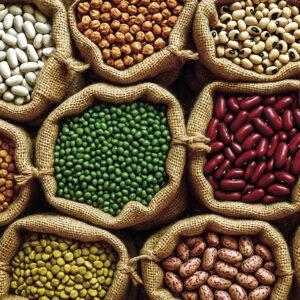Domestic superfoods for health and sustainability
People eat more and more exotic “superfoods”, but from a sustainability and dietetic point of view it is better to choose domestic alternatives, says the Hungarian Dietetic Association (MDOSZ).

Instead of trendy superfoods, local, seasonal and low-ecological footprint ingredients should be preferred
This article is available for reading in Trade magazin 2025/5.
The term superfood isn’t recognised as a scientific category by either EFSA or FDA, yet more and more imported foods are called superfood. Domestic products often rival their exotic counterparts in their nutritional profile, e.g. flaxseed instead of chia, rosehip instead of goji berries, millet instead of quinoa, etc. //
Related news
ESG: the majority don’t ask for postponement, preparedness level is increasing
🎧 Hallgasd a cikket: Lejátszás Szünet Folytatás Leállítás Nyelv: Auto…
Read more >Related news
MOHU: 5,200 return points are in operation, but 47 larger settlements still do not have RE points – public “enema” machines may be introduced
🎧 Hallgasd a cikket: Lejátszás Szünet Folytatás Leállítás Nyelv: Auto…
Read more >GDP growth in OECD member countries slowed to 0.3 percent in the last quarter of last year
🎧 Hallgasd a cikket: Lejátszás Szünet Folytatás Leállítás Nyelv: Auto…
Read more >Change in Rossmann Hungary’s leadership: Kornél Németh decided to move towards new challenges in 2026
🎧 Hallgasd a cikket: Lejátszás Szünet Folytatás Leállítás Nyelv: Auto…
Read more >








